When we talk about disasters, it’s easy to get lost in numbers: how many homes were destroyed, how many billions in damages, how many lives were lost. But behind each statistic is a story, and behind every story is a family forever changed. These stories remind us disasters are not just about property lines or maps, but about people whose lives split into “before” and “after.” For my dad, it means coping with memories too painful to face; for me, it means carrying his story so it is never forgotten.
For my family, the disaster’s memory is deeply personal. My dad was incarcerated in the Orleans Parish Prison at the time. When the waters rose, the officers abandoned the inmates, leaving them trapped and helpless.
My dad, like so many others, was forced to fight for his life in a place meant to confine him, not drown him. He recalls how he and others had to break out of their cells, climbing desperately to the roof as the water swallowed the floors below. Many never made it. The images he paints are chilling: men screaming, others praying, some taking their last breaths in the darkness.
Though my dad survived, he carries scars that are far deeper than the physical struggle. He swore he would never return to New Orleans because of the horror he endured and the death he witnessed. His story is one of survival, but it’s also one of permanent loss: of safety, of trust, of peace of mind. Every time he tells me what happened, I’m reminded that disasters don’t just destroy buildings, they destroy a sense of humanity when people are left to die.
We also cannot ignore how race shaped that reality. The majority of those imprisoned were Black men from New Orleans; poor, vulnerable, and already pushed to the margins of society, along with so many other less fortunate people who died during the hurricane. When the city flooded, their lives were treated as disposable.
The silence of the guards who walked away, the lack of urgency in rescue efforts, and the absence of their stories in mainstream coverage all reflected a larger truth: in moments of crisis, Black lives are valued least. My dad and others weren’t just abandoned because they were inmates, they were abandoned because they were Black inmates in a system that already dehumanized them.
The long-term impact of Hurricane Katrina is not just about rebuilding homes, but rebuilding lives. Families like mine live with the grief of what could have been, the relief of survival, and the weight of trauma passed down in stories.
This is why personal narratives matter. They bring depth to history in a way raw data never could. The emotional toll of these experiences can never be measured in numbers. When future generations read about this disaster, I don’t want them to only see loss in the chaos, I want them to understand the human capacity to endure, adapt, and survive even in the most unthinkable conditions. And I want them to see the truth about race in America: that even in disaster, inequality decides who suffers most.
Preserving these stories ensures that families are not erased from history, and that the pain they lived through is honored rather than ignored. My dad’s survival, like so many others, is more than just a story; it’s a testament to resilience, and a reminder of why we must listen when survivors speak.


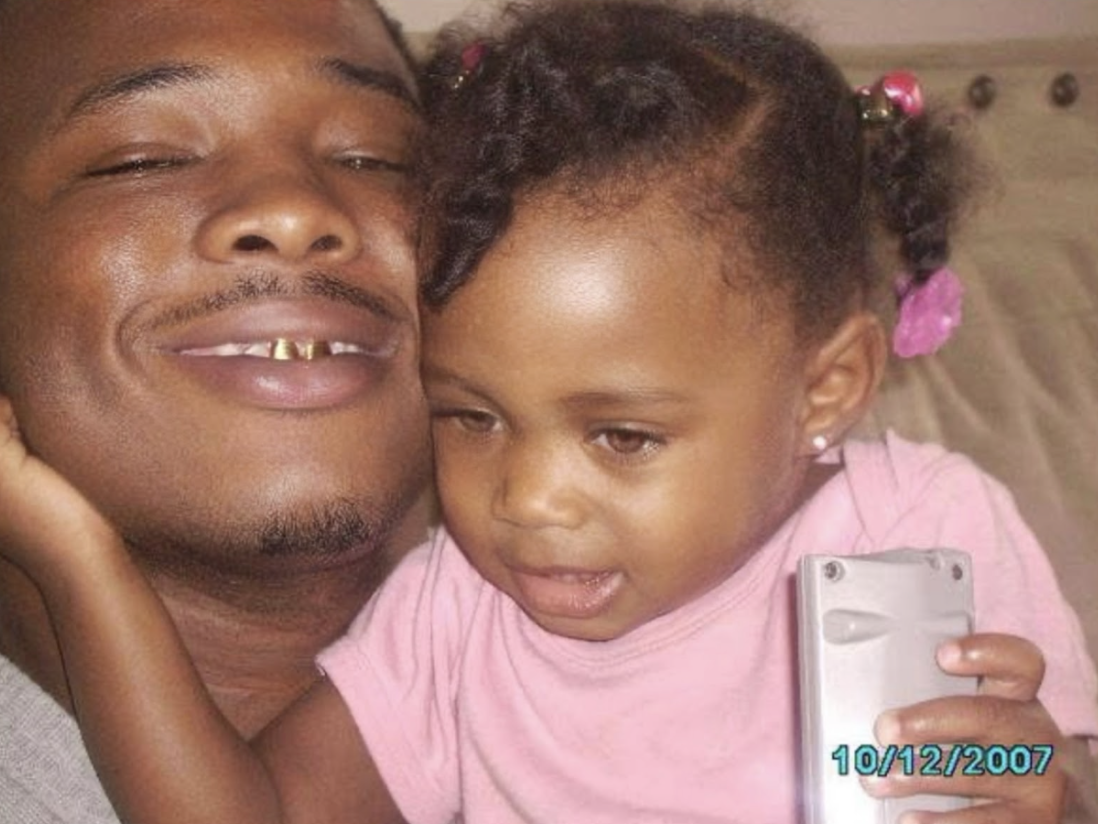



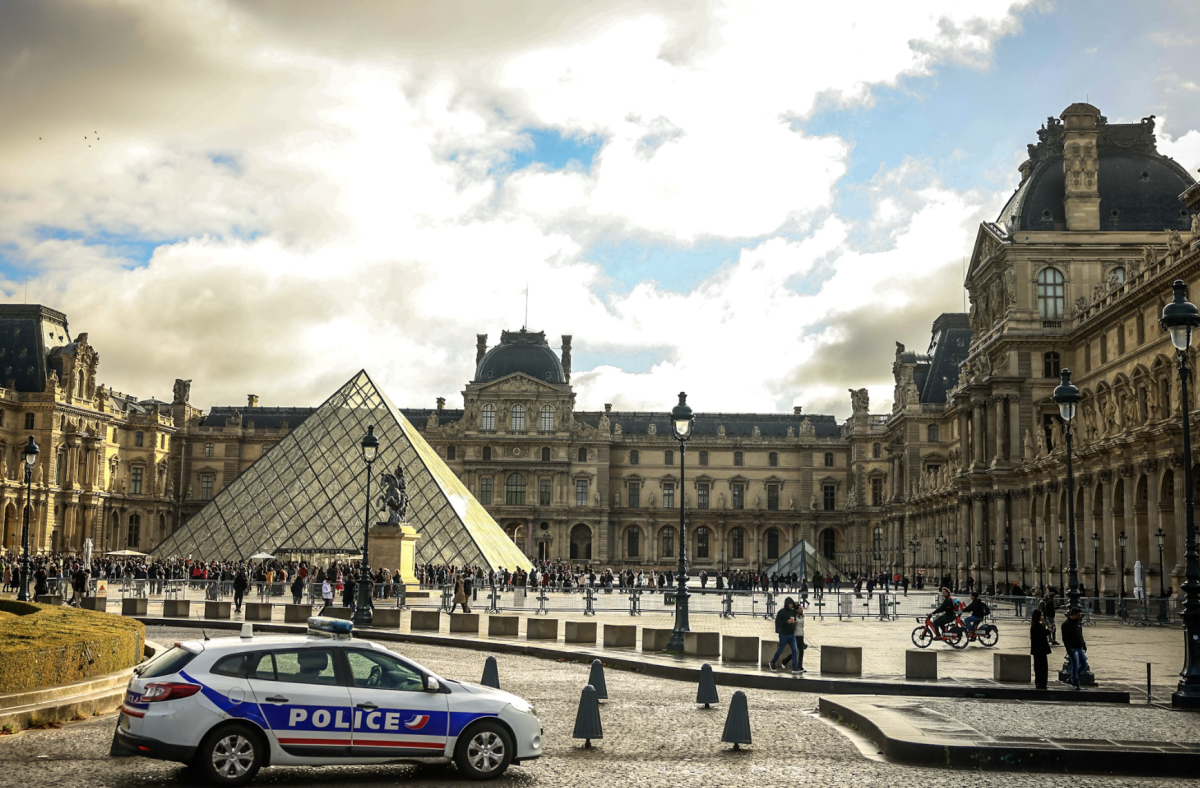

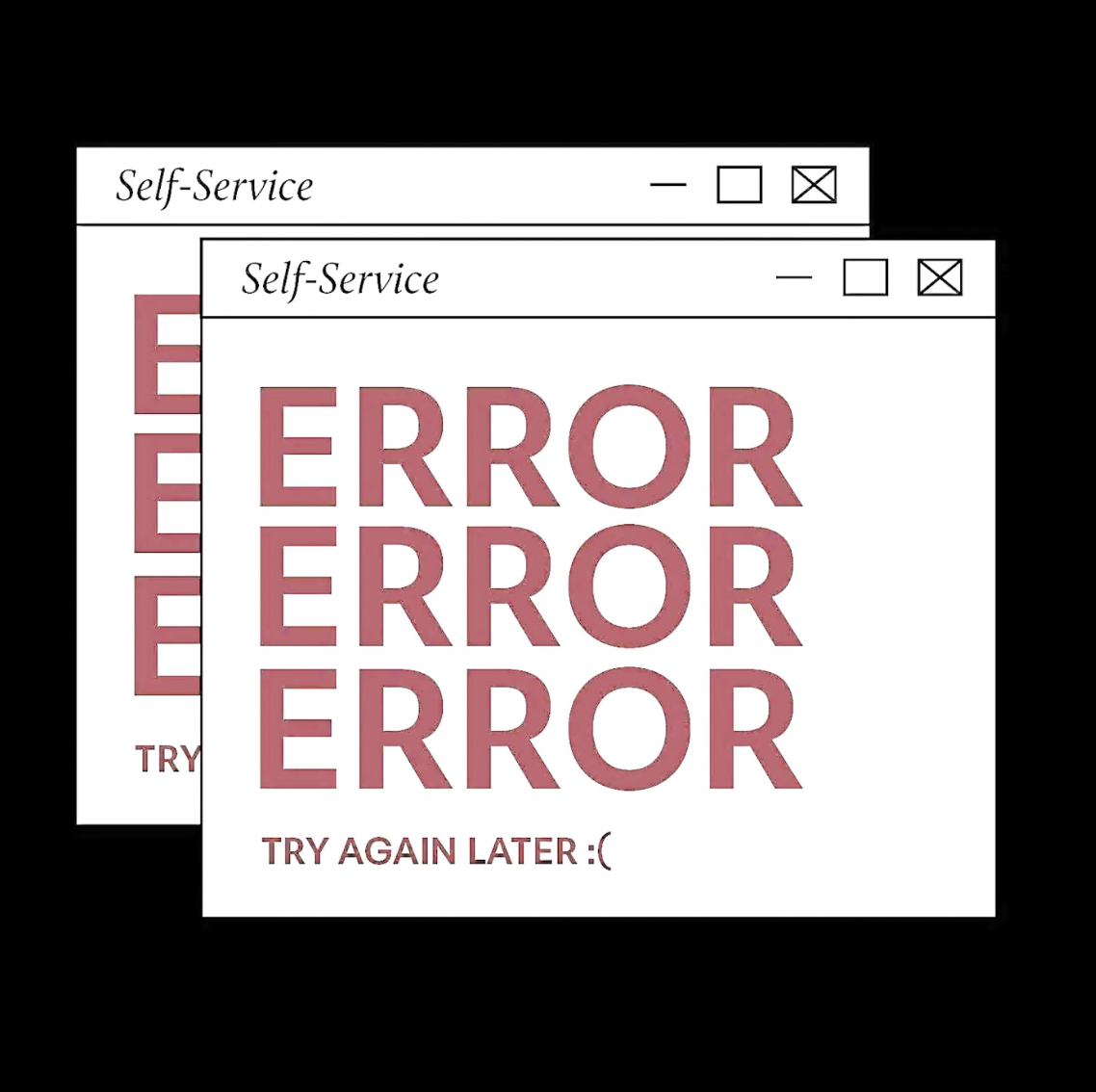





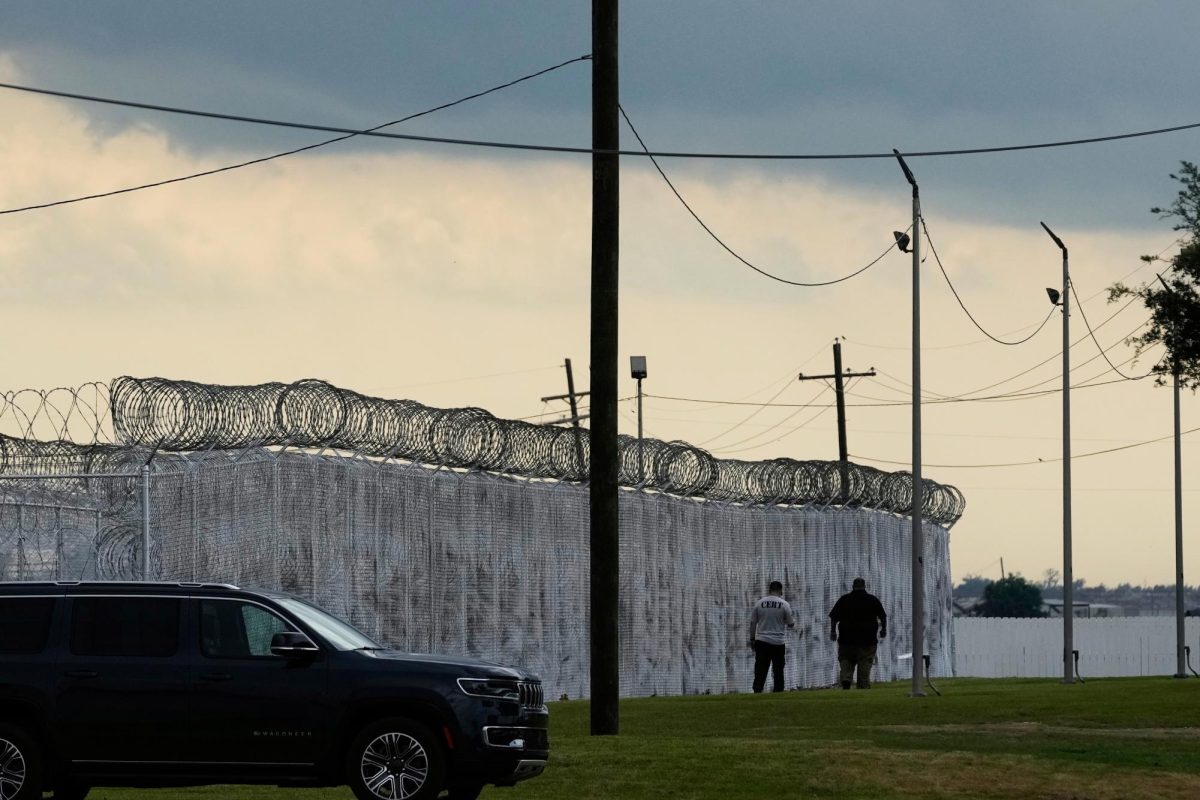
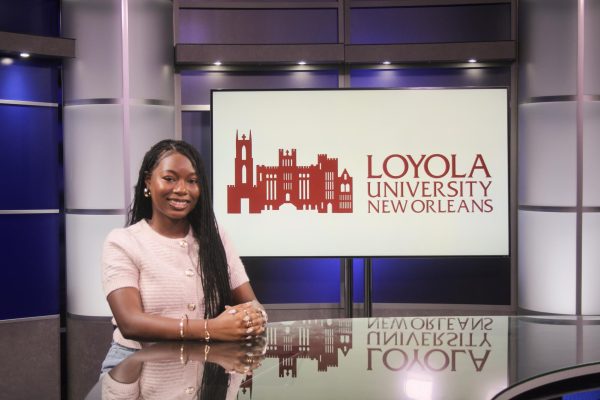
Dr. Shirley Barlow • Sep 9, 2025 at 9:07 pm
Thanks for sharing your dad experience. It enlighten the message from real life. Thanks for your strength to be able to listen and share this with other. Great job! The article help me see another side of the terrible storm.
Mary Rhine • Sep 3, 2025 at 11:19 pm
Thank you for sharing this great touching story Miss Alana Frank!! You’re off to a great start in your journalism career 👏 So proud of you!!
Krissy Brown • Sep 3, 2025 at 7:52 am
Love this article. This is a testament for the many untold stories of Katrina. Great job highlighting your father’s journey.